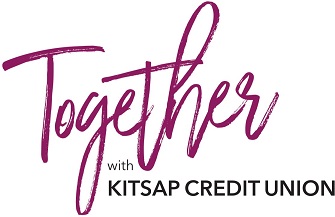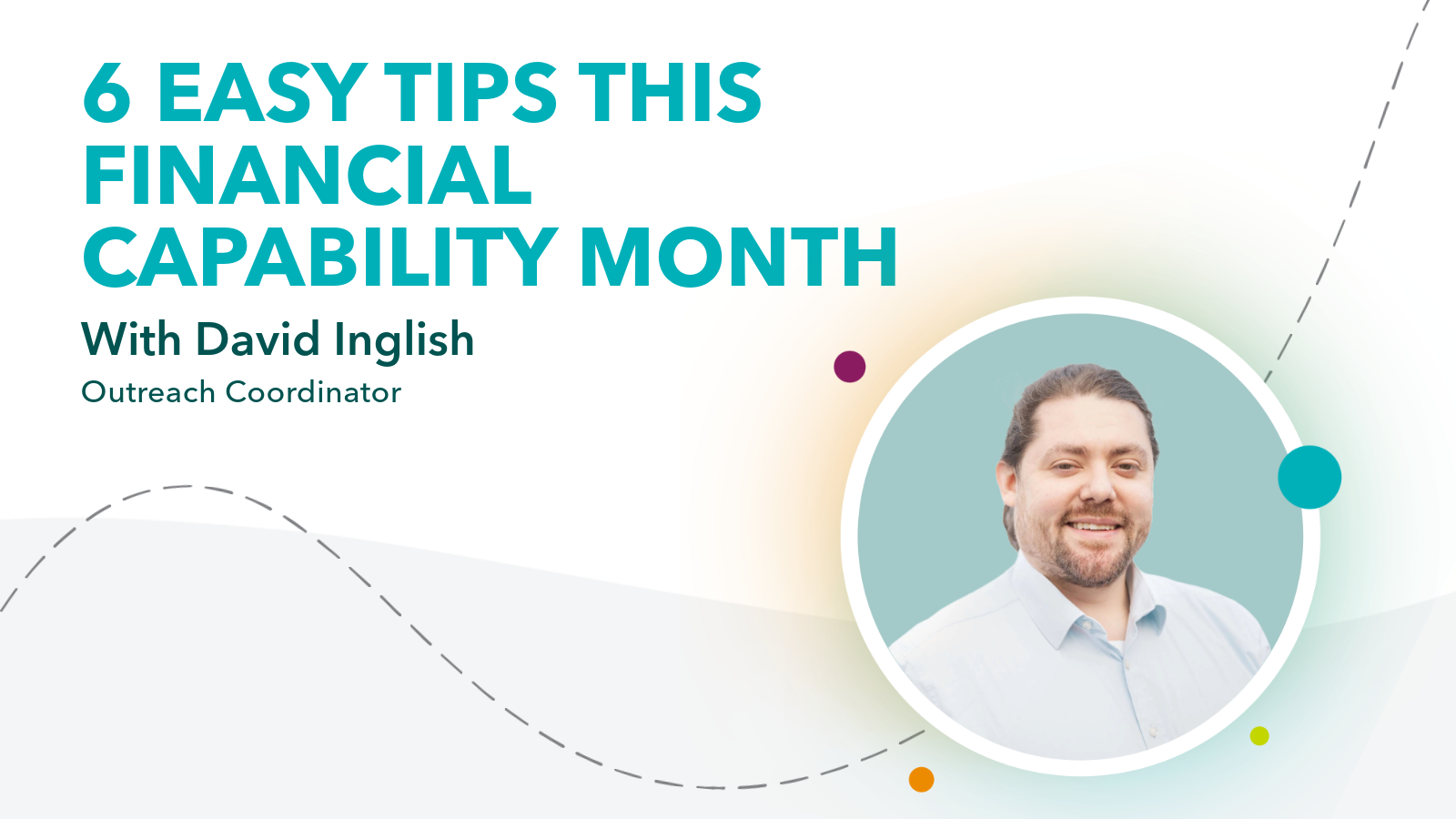Here at Kitsap Credit Union, we aim to share the importance of financial literacy with our community throughout the year. We do this by offering Financial Wellness Courses in local schools, creating free online resources, and really advocating for our community’s continued education. With this month being Financial Capability Month, we asked our Outreach Coordinator, David Inglish what tips he shares when talking with our community. “Money and finances can be overwhelming and scary especially when you first start out,” David said. “But with a little bit of planning and self-awareness (plus some trial and error), you can take control of your finances and achieve financial wellness.”
“There are lots of tips that are universal truths for financial wellbeing, so no matter where you are at in your financial journey they can help you achieve your money goals!” said David.
Here are his recommendations:
-
Observe your spending habits (but don’t feel like you to need to act on it!)
Many emotions come up when we think about money, which can cause people to avoid looking at their finances regularly or with an open mind. By regularly looking at your money for a month or more with no emotions tied to it, you can start to understand where your money comes from, where it goes, and what your patterns are with your money. With that information, you can act a bit more purposefully when you budget, when you spend, and avoid any habits you might have picked up.
-
It is far easier to not spend a dollar than it is to earn it
Think of a leaky bucket. We can add as much water/money to that bucket, but if we continue to spend, holes form. It does not matter how much water/money we put in the bucket if our spending is consistently causing leaks. But if we take the time to look at our spending habits and notice those leaks (like grocery shopping while hungry, or not making coffee at home), we can prevent the money from leaving our savings in the first place.
-
Put every dollar to work
When we observe our habits, we also understand where our money is going. And part of building a budget is going from just understanding to action by giving your money purpose. Whether that money is paying a bill or debt or accruing the most interest if it can, money that is “doing” something is much better than sitting money, or worse, being spent without us being aware of it.
-
Pay down debt
We all want to save money but if you have any outstanding debt, it’s more important to prioritize paying it down as quickly as possible. The longer you have debt, the more of your money is not going to things like investing or retirement in the long run. You also do not know if your interest rates will change in the future which could cost you even more!
-
Keep your cards away from you (but not too far in an emergency)
Back when we used cash more often, it was easy to know how much money we had at a time. If it was not in your wallet, you didn’t have it. But nowadays unless you are checking your bank account regularly, it is too easy to swipe a card for coffee, and then maybe a treat after a long day at work, and then once more for a new shirt, and now you’re out $30 dollars because of little things that feel minor adding up. If you can, store your debit or credit cards in a place inconvenient enough to not use them whenever you feel the urge. Then when emergencies happen, you still have them available.
-
Give yourself grace
We are not able to be on top of things 100% of the time, and we all make mistakes. So, if you fall off your budgeting routine or put something on the credit card you can’t pay off immediately, be kind to yourself. We can always learn from our missteps, and it is important to not give up.
David recommends keeping these tips in mind not just during Financial Capability Month but all year long! “If you haven’t used these tips before or feelings like guilt came up as you read this, don’t worry!” he said. “The best time to start was yesterday; the second-best time is today.”






